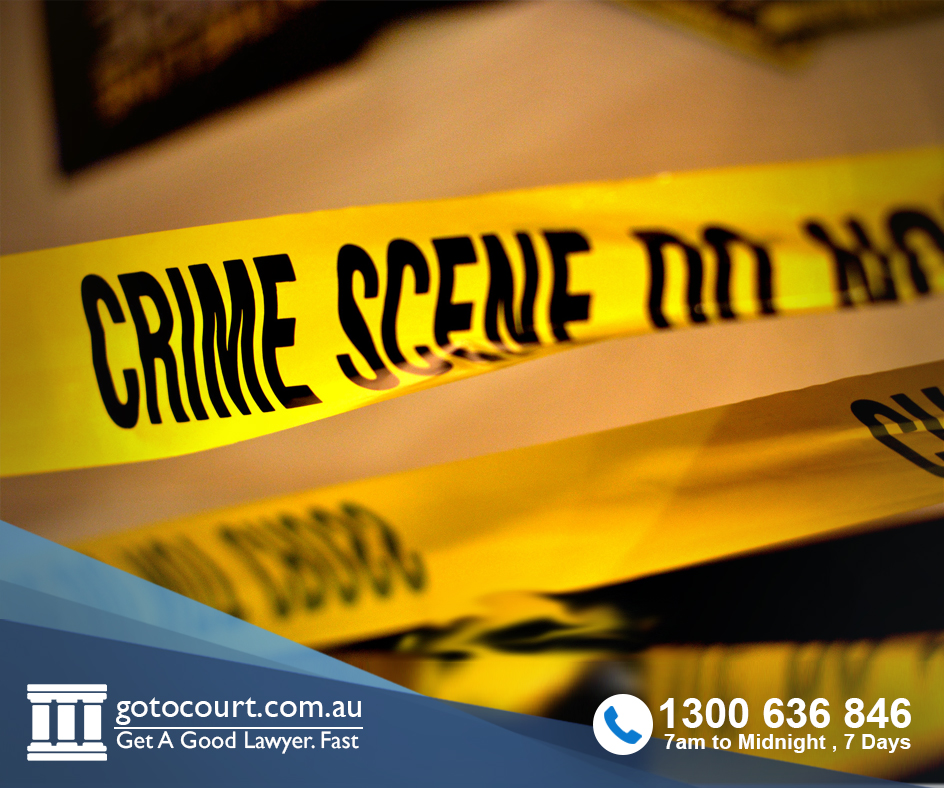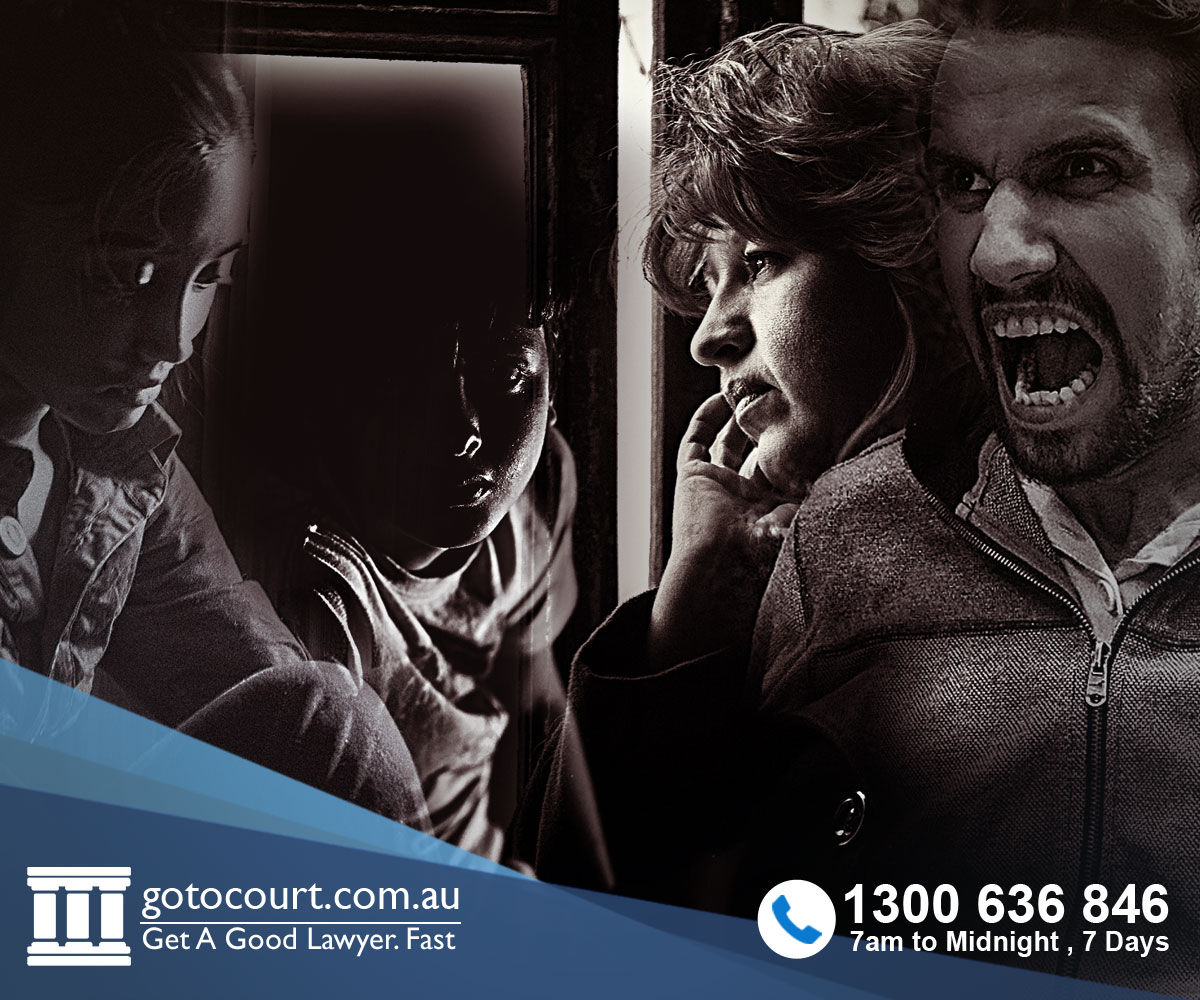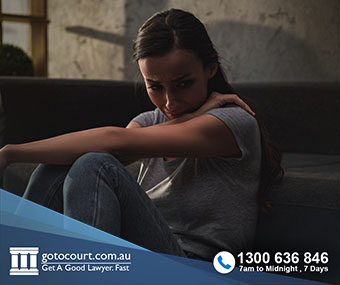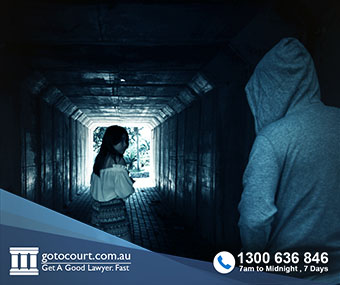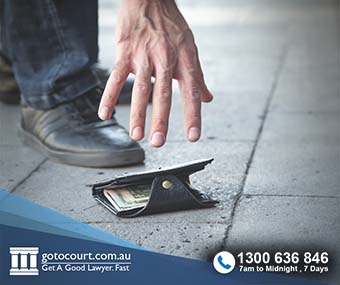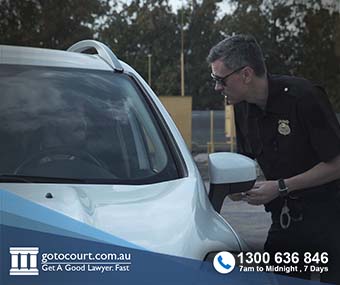Call our lawyers
now
or,
have our lawyers
call you
Burglary (Tas)
Updated on Dec 12, 2022 • 5 min read • 351 views • Copy Link
Burglary (Tas)
In Tasmania, the offences of burglary and aggravated burglary are set out in the Criminal Code Act 1924. This article outlines the law surrounding burglary in Tasmania, the penalties that apply and the defences that can be relied on.
Burglary
The offence of burglary is set out in section 244 of the Criminal Code Act. A person is guilty of burglary if they enter a place as a trespasser or through the making of threats or by artifice or collusion with intent to commit a crime.
Aggravated burglary
The offence of burglary is aggravated if at the time a person commits the offence:
- they are in possession of an offensive weapon or instrument or explosive substance;
- the place is being used for human habitation;
- they use or threaten violence, deprive a person of their liberty, or assault a person.
Elements of the offence
For a person to be found guilty of burglary in Tasmania, they must have entered a place (such as a building or vehicle) as a trespasser. A person cannot be found guilty of burglary in Tasmania if they entered legally.
The accused must have had the intention of committing a crime, such as theft, assault, rape or criminal damage. A person cannot be found guilty of burglary if they entered the place with no intention of committing a crime.
If a person commits burglary and the place burgled is a house, or another place being used for people to live in, they are guilty of aggravated burglary. If the person makes threats of violence, uses violence, or has a weapon on them, they are guilty of aggravated burglary.
Penalty
Under section 389 of the Criminal Code Act, the maximum penalty for both burglary and aggravated burglary is imprisonment for 21 years. In Tasmania, unlike in other Australian jurisdictions, there is a general maximum penalty of 21 years that applies to all offences except murder and treason. Courts have established a range of graduated sentences for different offences but may impose the maximum penalty for the worst offences.
Jurisdiction
Matters involving burglary and aggravated burglary can be dealt with in the Magistrates Court (where the accused is an adult) or the Children’s Court (where the accused is under 18) with the consent of both parties.
If either party wishes for the matter to be dealt with on indictment, it can be committed to the Supreme Court.
Criminal Defences
A person charged with burglary or aggravated burglary can rely on the following legal defences.
Duress
A person is not guilty of an offence if they did the acts only because they were in fear of death or serious injury if they did not comply with another person’s demands. For example, if two people commit a burglary together, but one of them is coerced by the demands of the other, that person would have a full defence. However, for the defence of duress to succeed, the threats must be of a very serious nature and must have been operating on the mind of the accused at the time they carried out the offence.
No intent to commit a crime
A person is not guilty of burglary if they entered a place as a trespasser but did not intend to commit a crime therein. In this situation, the accused could be found guilty only of trespassing.
Defending your home from a burglary
If someone attempts to burgle a person’s home, the person is entitled to defend their home through the use of force, but only to the extent that is reasonable in the circumstances. This is consistent with the general criminal law principle that a person has the right to defend themselves when their life, liberty or property are threatened.
What is reasonable in defence of property depends on the circumstances and the level of threat being posed. It will be assessed based on the threat that the person believed they were facing, even if this is different to the level of threat they were actually facing.
Lethal force is only justified in self-defence if a person believes they are in danger of serious harm or death. It is not permissible to use lethal force to defend property. If a person’s house is burgled and the intruder appears to intend to seriously harm the occupants, lethal force may be found to have been reasonable in self-defence. If the intruder appears to intend only to steal from the occupant, lesser force would be permissible to defend the property.
Related offence
Section 248 of the Criminal Code Act makes it an offence for a person to be found armed with intent to commit a crime. A person is guilty of this offence if they:
- armed with a dangerous weapon or instrument, with intent to commit a crime;
- having in their possession an instrument for gaining entry to a place, without lawful excuse;
- having their face masked or otherwise disguised with intent to commit a crime.
If you require legal advice or representation in any legal matter, please contact Go To Court Lawyers.

Affordable Lawyers
Our Go To Court Lawyers will assist you in all areas of law. We specialise in providing legal advice urgently – at the time when you need it most. If you need a lawyer right now, today, we can help you – no matter where you are in Australia.How It Works







1. You speak directly to a lawyer
When you call the Go To Court Legal Hotline, you will be connected directly to a lawyer, every time.


2. Get your legal situation assessed
We determine the best way forward in your legal matter, free of charge. If you want to go ahead and book a face-to-face appointment, we will connect you with a specialist in your local area.


3. We arrange everything as needed
If you want to go ahead and book a fact-to-face appointment, we will connect you with a specialist in your local area no matter where you are and even at very short notice.

